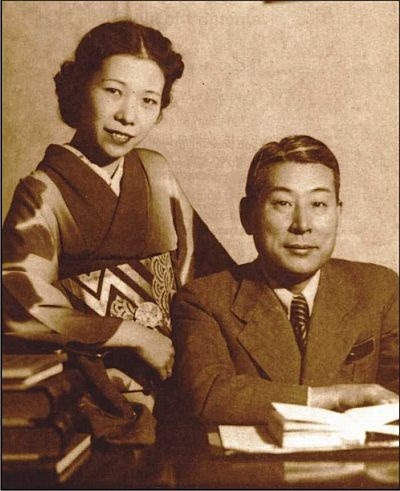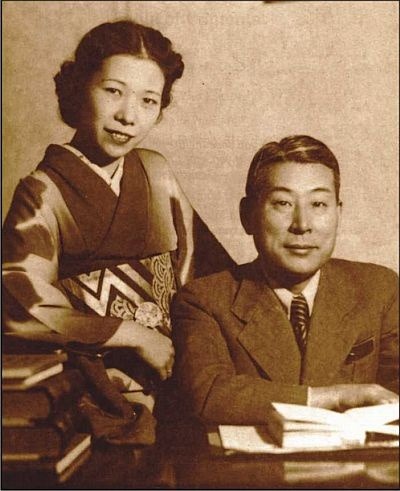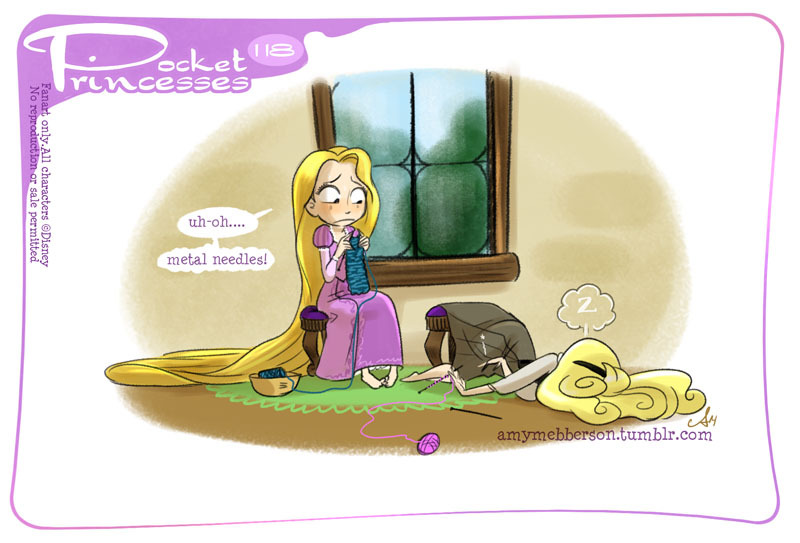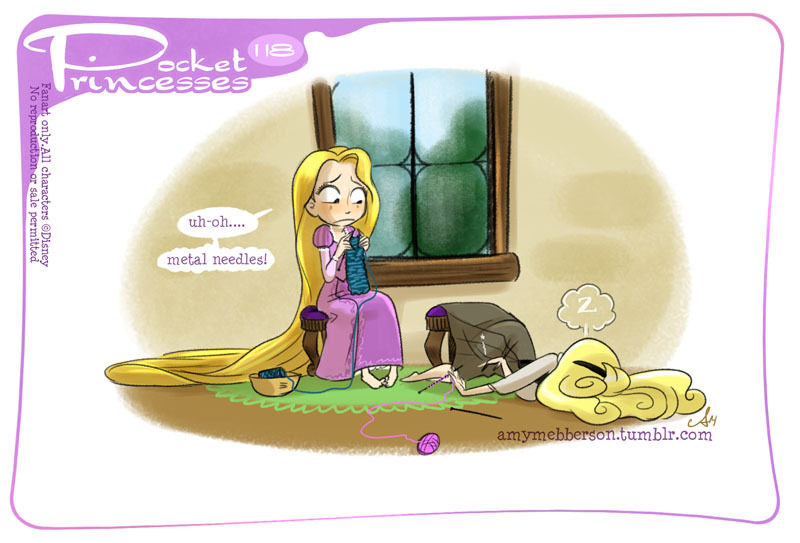Today I had a teacher tell me that a family member of theirs attempted suicide with pills.
I asked why he didn’t seem more concerned, and he replied with “people who attempt overdose are just attention seeking.”Tell that to my grandma while she had to shower me for a month because I couldn’t stand after my overdose.
Tell that to my younger cousin who didn’t understand why I slept for three days straight.
Tell that to my bestfriend who saw me cry in every moment I was awake for two weeks after I swallowed those little pieces of hell.
Tell that to my brother who watched me vomit up everything I ate because my stomach was on fire.
Tell that to my teachers who watched me fail my exams because I was so dizzy and out of it I couldn’t stand, let alone concentrate.
Tell that to my mum, who watched me violently shake, sweat, convulse and cry in her arms because I didn’t want to be alive.
Go on, tell them it’s attention seeking. I dare you.
Posts Tagged random
Today I had a teacher tell me that a family member of theirs attempted suicide with pills.
I asked why he didn’t seem more concerned, and he replied with “people who attempt overdose are just attention seeking.”Tell that to my grandma while she had to shower me for a month because I couldn’t stand after my overdose.
Tell that to my younger cousin who didn’t understand why I slept for three days straight.
Tell that to my bestfriend who saw me cry in every moment I was awake for two weeks after I swallowed those little pieces of hell.
Tell that to my brother who watched me vomit up everything I ate because my stomach was on fire.
Tell that to my teachers who watched me fail my exams because I was so dizzy and out of it I couldn’t stand, let alone concentrate.
Tell that to my mum, who watched me violently shake, sweat, convulse and cry in her arms because I didn’t want to be alive.
Go on, tell them it’s attention seeking. I dare you.
Chiune Sugihara. This man saved 6000 Jews. He was a Japanese diplomat in Lithuania. When the Nazis began rounding up Jews, Sugihara risked his life to start issuing unlawful travel visas to Jews. He hand-wrote them 18 hrs a day. The day his consulate closed and he had to evacuate, witnesses claim he was STILL writing visas and throwing from the train as he pulled away. He saved 6000 lives. The world didn’t know what he’d done until Israel honored him in 1985, the year before he died.
Why can’t we have a movie about him?
He was often called “Sempo”, an alternative reading of the characters of his first name, as that was easier for Westerners to pronounce.
His wife, Yukiko, was also a part of this; she is often credited with suggesting the plan. The Sugihara family was held in a Soviet POW camp for 18 months until the end of the war; within a year of returning home, Sugihara was asked to resign – officially due to downsizing, but most likely because the government disagreed with his actions.
He didn’t simply grant visas – he granted visas against direct orders, after attempting three times to receive permission from the Japanese Foreign Ministry and being turned down each time. He did not “misread” orders; he was in direct violation of them, with the encouragement and support of his wife.
He was honoured as Righteous Among the Nations in 1985, a year before he died in Kamakura; he and his descendants have also been granted permanent Israeli citizenship. He was also posthumously awarded the Life Saving Cross of Lithuania (1993); Commander’s Cross Order of Merit of the Republic of Poland (1996); and the Commander’s Cross with Star of the Order of Polonia Restituta (2007). Though not canonized, some Eastern Orthodox Christians recognize him as a saint.
Sugihara was born in Gifu on the first day of 1900, January 1. He achieved top marks in his schooling; his father wanted him to become a physician, but Sugihara wished to pursue learning English. He deliberately failed the exam by writing only his name and then entered Waseda, where he majored in English. He joined the Foreign Ministry after graduation and worked in the Manchurian Foreign Office in Harbin (where he learned Russian and German; he also converted to the Eastern Orthodox Church during this time). He resigned his post in protest over how the Japanese government treated the local Chinese citizens. He eventually married Yukiko Kikuchi, who would suggest and encourage his acts in Lithuania; they had four sons together. Chiune Sugihara passed away July 31, 1986, at the age of 86. Until her own passing in 2008, Yukiko continued as an ambassador of his legacy.
It is estimated that the Sugiharas saved between 6,000-10,000 Lithuanian and Polish Jewish people.
Chiune Sugihara. This man saved 6000 Jews. He was a Japanese diplomat in Lithuania. When the Nazis began rounding up Jews, Sugihara risked his life to start issuing unlawful travel visas to Jews. He hand-wrote them 18 hrs a day. The day his consulate closed and he had to evacuate, witnesses claim he was STILL writing visas and throwing from the train as he pulled away. He saved 6000 lives. The world didn’t know what he’d done until Israel honored him in 1985, the year before he died.
Why can’t we have a movie about him?
He was often called “Sempo”, an alternative reading of the characters of his first name, as that was easier for Westerners to pronounce.
His wife, Yukiko, was also a part of this; she is often credited with suggesting the plan. The Sugihara family was held in a Soviet POW camp for 18 months until the end of the war; within a year of returning home, Sugihara was asked to resign – officially due to downsizing, but most likely because the government disagreed with his actions.
He didn’t simply grant visas – he granted visas against direct orders, after attempting three times to receive permission from the Japanese Foreign Ministry and being turned down each time. He did not “misread” orders; he was in direct violation of them, with the encouragement and support of his wife.
He was honoured as Righteous Among the Nations in 1985, a year before he died in Kamakura; he and his descendants have also been granted permanent Israeli citizenship. He was also posthumously awarded the Life Saving Cross of Lithuania (1993); Commander’s Cross Order of Merit of the Republic of Poland (1996); and the Commander’s Cross with Star of the Order of Polonia Restituta (2007). Though not canonized, some Eastern Orthodox Christians recognize him as a saint.
Sugihara was born in Gifu on the first day of 1900, January 1. He achieved top marks in his schooling; his father wanted him to become a physician, but Sugihara wished to pursue learning English. He deliberately failed the exam by writing only his name and then entered Waseda, where he majored in English. He joined the Foreign Ministry after graduation and worked in the Manchurian Foreign Office in Harbin (where he learned Russian and German; he also converted to the Eastern Orthodox Church during this time). He resigned his post in protest over how the Japanese government treated the local Chinese citizens. He eventually married Yukiko Kikuchi, who would suggest and encourage his acts in Lithuania; they had four sons together. Chiune Sugihara passed away July 31, 1986, at the age of 86. Until her own passing in 2008, Yukiko continued as an ambassador of his legacy.
It is estimated that the Sugiharas saved between 6,000-10,000 Lithuanian and Polish Jewish people.








Recent Comments